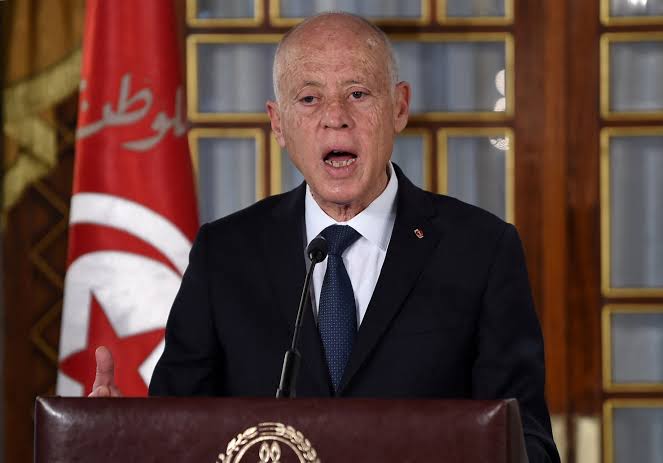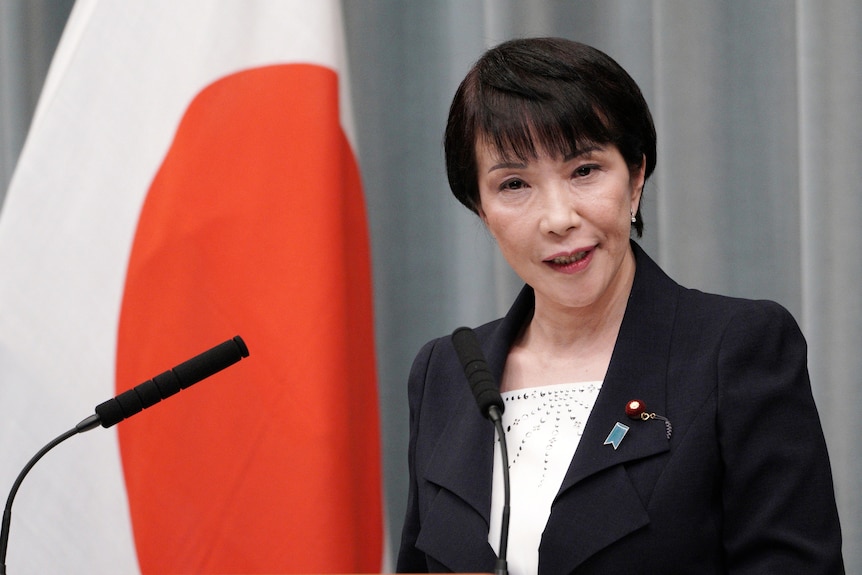Chouchane’s death sentence in Tunisia over Facebook posts, condemned and viewed by Rights groups as a dangerous escalation against free expression.
A Tunisian court has sentenced Chouchane to death over Facebook posts critical of the government — a ruling denounced by Human Rights Watch (HRW), as “unprecedented” and a stark sign of Tunisia’s worsening assault on free expression.
Saber Ben Chouchane, 51, was convicted on October 1, 2025, by the Nabeul Court of First Instance under charges of “attempting to change the form of government,” “insulting the President,” and “spreading fake news.” The court’s decision triggered widespread condemnation at home and abroad.
President Kais Saied issued a swift pardon just six days later, leading to Ben Chouchane’s release on October 7. The presidential intervention followed mounting public outrage and international criticism of the ruling.
“The authorities’ crackdown on free speech has reached an unprecedented peak with this death sentence for expressing discontent online,” said Bassam Khawaja, HRW’s deputy Middle East and North Africa director. “Despite the pardon, this shocking sentence sends a chilling message that no criticism will be tolerated.”
Ben Chouchane, a father of three from Nabeul governorate, was arrested in January 2024 while traveling to a medical appointment. His family said he was detained beyond the 14-month legal limit for pretrial custody and denied medical care for an existing injury.
Read Also: Tunisia Grinds To A Standstill As Unions Oppose President
Human Rights Watch said its review of Ben Chouchane’s social media posts showed only peaceful political expression. In one post, he appeared holding a protest sign demanding the release of political prisoners. Others called on Tunisians to oppose what he described as the “confiscation of the revolution.”
Since President Saied’s power consolidation in 2021, Tunisian authorities have sharply intensified their clampdown on dissent. Journalists, activists, and opposition figures have been prosecuted under sweeping anti-terrorism and cybercrime laws. Rights groups accuse the government of weaponizing the judiciary to silence critics and dismantle democratic checks and balances.
While Tunisia has maintained a de facto moratorium on executions since 1991, courts continue to issue death sentences. Amnesty International reported more than a dozen new death rulings in 2024, bringing the total number of inmates on death row to 148.
Khawaja said, “Such an unjustifiable sentence is an outrageous response to peaceful online criticism, the pardon only underscores how extreme and embarrassing this ruling was for Tunisia’s judiciary.”










